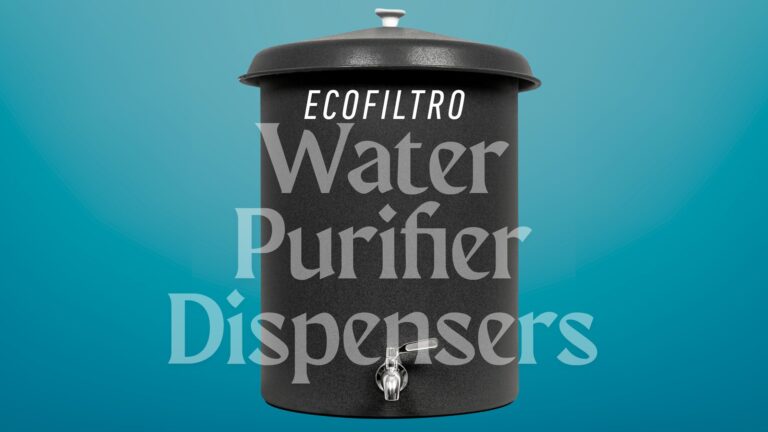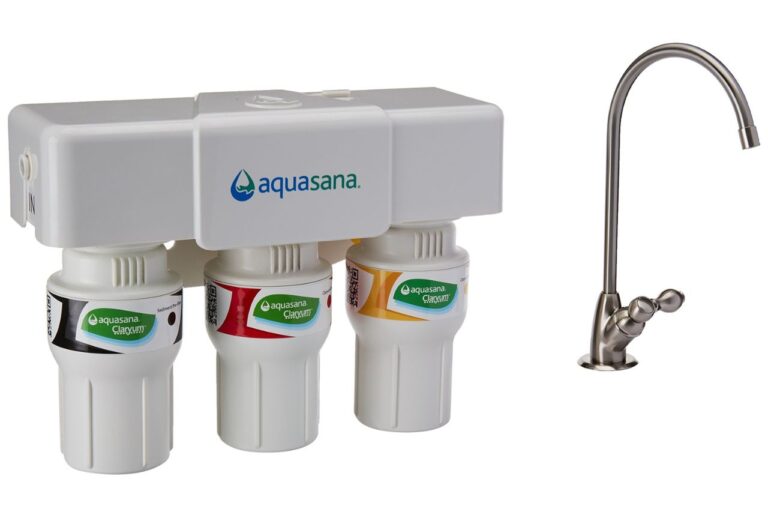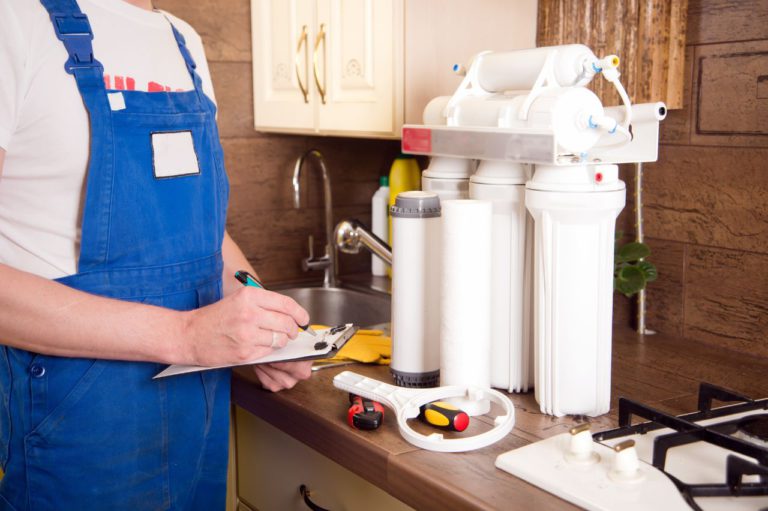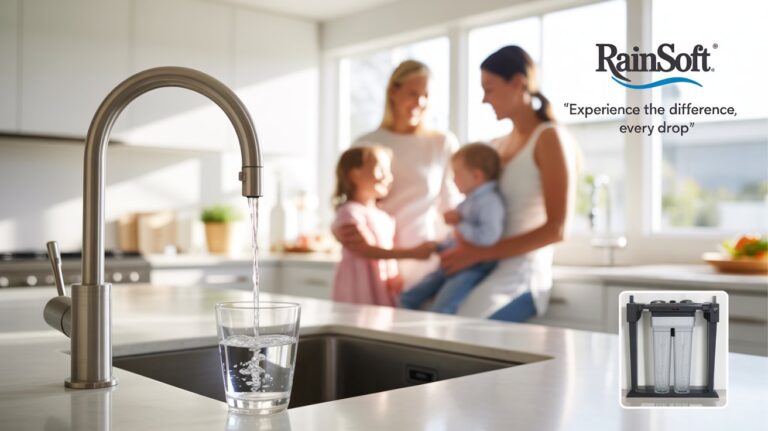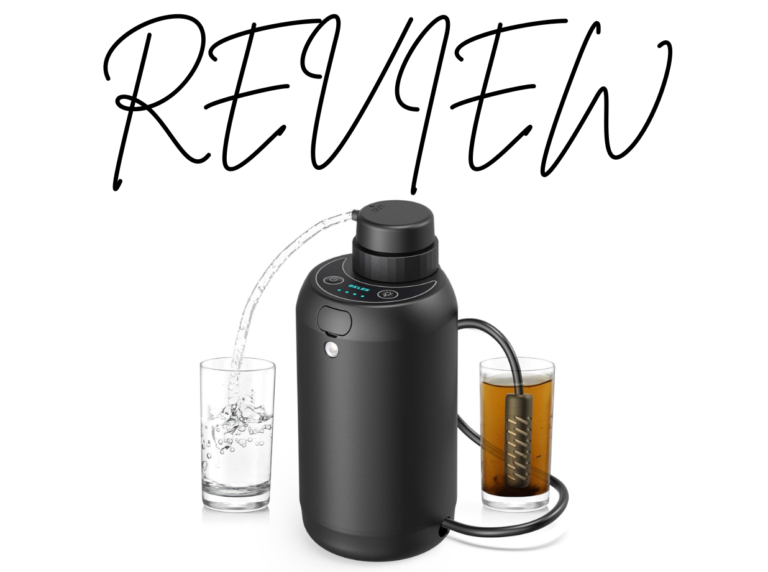Water Filters: The International Explorer’s Best Friend
Have you ever found yourself in a remote location and questioned the safety of the water you’re about to drink? This concern isn’t far-fetched. Despite our world being more connected than ever, clean drinking water can still be a significant challenge while embarking on off-grid adventures. For the international traveler, being equipped with a water filter is not just a matter of convenience—it’s a vital tool for health and safety.
Understanding the Importance of Clean Water
The need for clean water is universal. Regardless of how rustic and picturesque your destination may be, water contamination is a challenge that could mar your travel experience. Contaminated water can contain pathogens and chemicals with the potential to cause illnesses, some severe. Understanding the risks and benefits of filtered water can help you make informed decisions about safeguarding your health as you explore.
The Dangers of Unfiltered Water
Waterborne diseases are no strangers to international travelers. In many developing nations or remote areas, water sources can be contaminated with microorganisms, including bacteria, viruses, and parasites, leading to conditions such as cholera, giardiasis, and dysentery. Such ailments can quickly transform your adventure into a health nightmare. Recognizing these risks underscores why having a reliable water filtration system is crucial.
The Benefits of Using a Water Filter
By using a water filter, you’re not only preventing potential health issues but also enhancing your travel experience. Filters can effectively remove harmful substances while preserving essential minerals that are beneficial to your health. Plus, a portable water filter reduces your dependency on bottled water, making your journeys more sustainable and budget-friendly. Essentially, a good water filter lets you drink safely from natural sources while minimizing environmental impact.
How Water Filters Work
Understanding the mechanics of how water filters work can enhance your appreciation and trust in them. Typically, water filters operate by employing various filtration technologies designed to target specific contaminants.
Filtration Technologies
There are several types of filtration technologies, each with its own merits. Popular forms include:
- Activated Carbon Filters – These are excellent at removing odors, chlorine, and some organic compounds.
- Ceramic Filters – Often combined with other materials, ceramic filters are effective at eliminating bacteria and protozoa.
- Reverse Osmosis – This involves a semipermeable membrane that removes a wide range of impurities, although it’s usually more suitable for stationary use.
- Ultraviolet (UV) Light Disinfection – UV purifiers deactivate the DNA of bacteria and viruses, rendering them harmless.
Here’s a quick comparison table laying out these technologies:
| Technology | Pros | Cons |
|---|---|---|
| Activated Carbon | Removes odors and tastes effectively | Less effective against viruses |
| Ceramic | Long lifespan, reusable | Can be slow and might not remove all viruses |
| Reverse Osmosis | Very thorough purification | Bulky and requires water pressure |
| UV Light | Fast and chemical-free | Requires batteries and doesn’t remove sediments |
Choosing the Right Filter for Your Needs
The landscape of water filters is vast, so choosing one that suits your particular travel needs is crucial. Consider factors like the duration of your trip, the types of contaminated water you may encounter, and the filter’s size and weight. A water filter that is optimal for backpacking might differ from one that’s better suited for camping in a stationary site.

Suitability for Off-Grid Adventures
When you’re off-grid, your resourcefulness is constantly put to the test. This makes the choice of a water filter even more crucial. Here are some factors to consider when evaluating a filter’s suitability for your off-grid adventures.
Portability
Weight and size matter significantly when you’re traveling off-grid. A portable, lightweight filter allows ease of travel to secluded areas and ensures that clean water is never out of reach.
Durability
When you’re exploring remote terrains, you need tools that withstand the elements. Consider not just the filter’s build quality but also its performance in varying environmental conditions, such as extreme heat or cold.
Filter Capacity and Flow Rate
A filter’s capacity and flow rate denote how much water can be purified and how fast. If you’re traveling in a group, opt for higher capacity and faster flow rate options to ensure everyone can stay hydrated.
Real-World Situations Where Water Filters Shine
Water filters are incredibly versatile, providing solutions in diverse scenarios. Below are some situations where having a water filter could be a game-changer.
Hiking in Remote Locations
Imagine you’re on a hike in the Andes Mountains or trekking through the Himalayas. Fresh streams might not be as pure as they look. In these instances, having a portable filter can turn natural sources into your personal hydration station.
Desert Camping
While the thought of camping in the desert conjures images of endless sand dunes, the limited availability of water presents a critical challenge. With a reliable filter, you can safely convert questionable water sources into drinkable water, ensuring you stay hydrated amidst extreme conditions.
Traveling in Developing Countries
Even in urban areas of developing nations, the reliability of municipal water systems can vary significantly. A compact filter can be an invaluable tool in ensuring that your daily hydration does not come at the expense of your health.
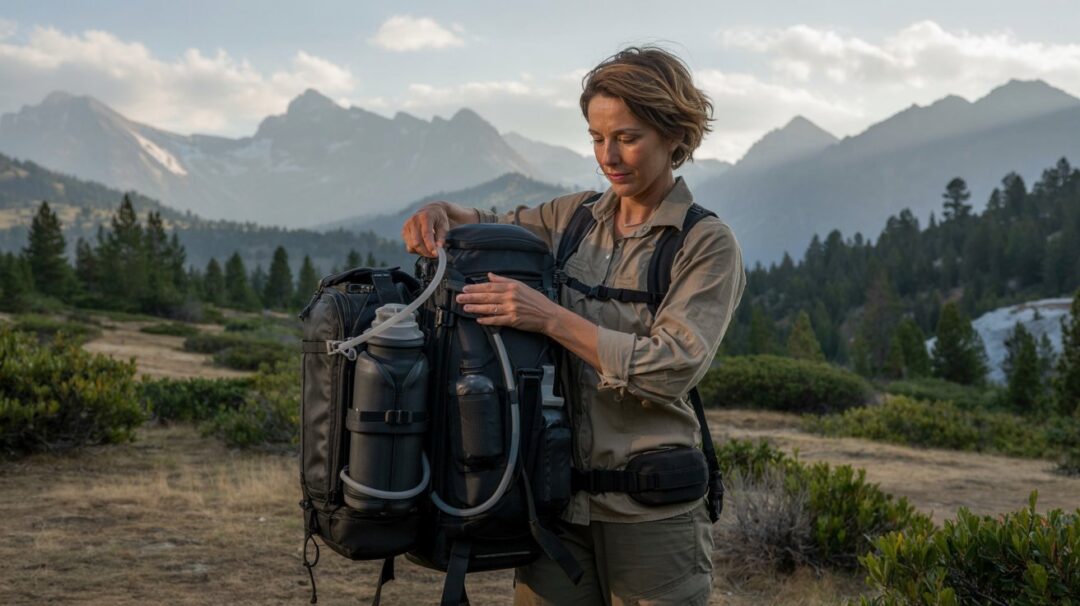
Best Practices for Using Water Filters
To maximize the efficiency of your water filter and ensure its longevity, consider the following best practices:
Regular Maintenance
Proper maintenance is key to ensuring your filter works at its best. Always adhere to the manufacturer’s cleaning instructions and replace filter components regularly to maintain optimal performance.
Understanding Input Water Quality
Before using your filter, it’s helpful to gauge the quality of the source water. Avoid heavily contaminated sources when possible, as filtering extremely polluted water can strain the filter, reducing its lifespan.
Correct Usage Techniques
Master the usage of your filter before setting out on your trip. This includes proper assembly, correct pumping techniques for certain filters, and safe storage methods to prevent contamination.
The Environmental Impact
Incorporating water filters into your travels carries significant environmental benefits. By minimizing reliance on single-use plastics, you not only reduce your carbon footprint but also champion the cause of sustainability.
Reducing Single-Use Plastics
Travelers often rely on bottled water, especially when unsure of local water quality. However, this can lead to a substantial amount of plastic waste. A water filter allows you to harness local sources without the need for disposable bottles.
Promoting Sustainable Tourism
Adventure tourism destinations often suffer from the environmental pressures of increased visitor numbers. As a responsible traveler, utilizing a water filter demonstrates a commitment to preserving the very landscapes that drew you there in the first place.
Common Myths and Misconceptions
Myths about water filters are rampant, and debunking these can lead to better decision-making.
Myth: Boiling Water Renders Filters Unnecessary
While boiling is effective in killing microorganisms, it doesn’t address chemical contaminants or improve taste. Filters complement boiling by providing a more comprehensive purification.
Myth: All Filters Are the Same
Filters come with varied capabilities and limitations. Matching a filter to your specific needs is crucial, as a mismatch could lead to insufficient treatment, particularly for viruses.
Seeking Expert Recommendations
To make the most informed decision possible, consult trusted sources. Expert reviews, travel forums, and reliable brands help you navigate the world of water filters. Specialized outdoor retailers often offer expertise and product demonstrations to help you feel more confident in your choice.
Conclusion
When traveling off-grid, carrying a reliable water filter changes the way you can interact with the natural world. By combining health safeguards with environmental mindfulness, water filters are the secret weapon every international traveler should have in their toolkit. Your adventures can continue, transformed by the confidence that clean, safe water is always within reach. Embrace this essential gear, and let it enhance your journeys into the wild unknown.


